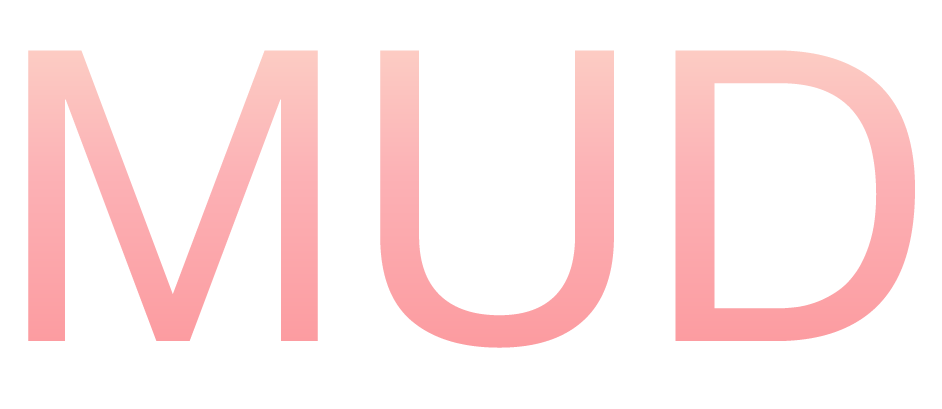
MASTER OF URBAN DESIGN
UD 712 + UD 732
FALL 2022
UD 712 PROFESSORS
McLain Clutter,
Alina Nazmeeva
STUDIO THEME
“Unknown Urbanisms”
How do we know cities? What is a city as an object of knowledge? What intellectual constructs, media formats, and technologies allow us to make cities “knowable”? How do these constructs, formats, and technologies influence and intertwine with our expectations of urbanism and urban life? How do our ways of observing cities enable methods of design, and how can we think critically about that effect?
This first studio in the Taubman College Master of Urban Design sequence focused on techniques of understanding cities – through empirical observation, mapping, data collection, imaging, and mediation – and how these techniques of observation are instrumentalized within urban design. Working in groups, the studio was divided into a series of exercises, each asking students to think critically about the unique opportunities afforded by different technologies and methods for making urbanism knowable. Following these exercises, the work culminated in an urban design proposal for our site in Willets Point, in the New York CIty borough of Queens.
UD 732 PROFESSOR
El-Hadi Jazairy
STUDIO THEME
“Istanbul Water Commons”
The studio addresses the urban question, beyond the binaries of growth and preservation in the context of rapid urbanization. Istanbul is a mega-city of 15 million and its population is expected to rise to 18 million in a decade. It covers an area approximately of 5000 kilometers and is characterized by a complex infrastructural network spanning two continents. The city’s urban expansion is fueled by newly constructed infrastructure corridors: the Marmaray transcontinental rail tunnel, a third Bosphorus bridge, and a new giant airport. Istanbul’s urban development – and the way it is managed – has massive impacts on the city’s relationship with its fringes, including the seven rivers and lakes, from where most people’s drinking water comes from.
Water supply in urban areas is vital for public health and social well-being, no exception for İstanbul where the water distribution system is under pressures of urbanization and climate change. İstanbul is fed by 18 surface water sources and in average consumes 2 million m3 of drinking water a day. 11 drinking water treatment plants and 22 wastewater treatment plants connected by 15,000 km of pipes manage the daily flows of water. Today, many of the reservoirs that supply the city are located within the metropolitan area exposed to pollution from peri- urbanization. Illegal settlements springing up around water sources are fueled by land speculation and a legal provision allowing them to be subsequently de facto legalized.

